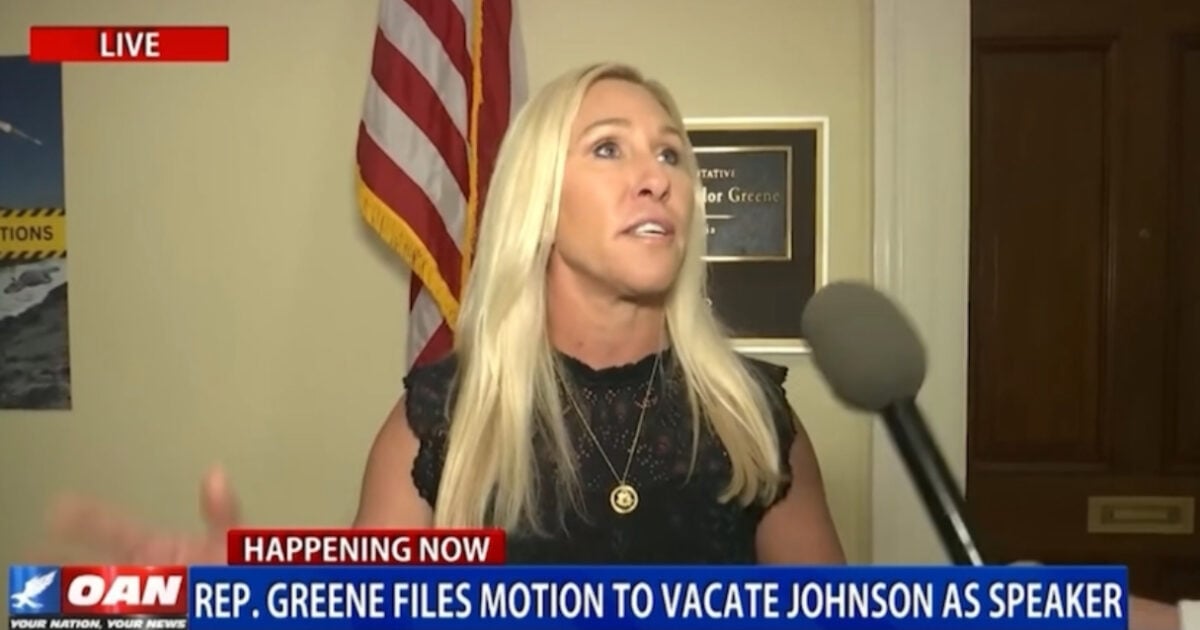The Political Implications of Rising Gas Prices
President Joe Biden is facing challenges as the cost of gas continues to rise, impacting not only individuals at the pump but also the overall political landscape. Pressure is mounting for Biden to take action, particularly in the form of increasing sanctions enforcement against major oil-producing countries such as Russia, Iran, and Venezuela. Despite efforts by OPEC to cut production and a surplus in U.S. oil production, these countries have been able to stabilize crude prices, leading to concerns about the global energy market.
Geopolitical Considerations
- The International Energy Agency estimates that Russia, Iran, and Venezuela collectively contribute about 13% of global oil supplies, underscoring their significance in the energy market.
- If the U.S. were to restrict flows from these countries, it is likely that prices would spike, further exacerbating the economic impact on consumers.
- Despite efforts to mitigate rising prices, the average pump price in March remains relatively high at $3.58 per gallon, a significant decrease from a peak of $5.06 in 2022 but still elevated compared to pre-Biden administration levels.
Public Perception and Economic Ramifications
A recent poll conducted by YouGov and the Economist highlighted that inflation is a top concern for voters, with 24% identifying it as their primary issue of focus. Additionally, a survey by the Pew Research Center revealed that while gas prices were initially a key inflationary worry, recent spikes in prices have renewed concerns among the public.
The latest data from Gallup indicates a decline in economic confidence, with rising gas prices playing a significant role in shaping voter sentiment. The current economic confidence index score of -29 is reminiscent of levels seen in the lead-up to the 1992 election, underscoring the critical importance of addressing price fluctuations in the energy sector.
Image/Photo credit: source url





